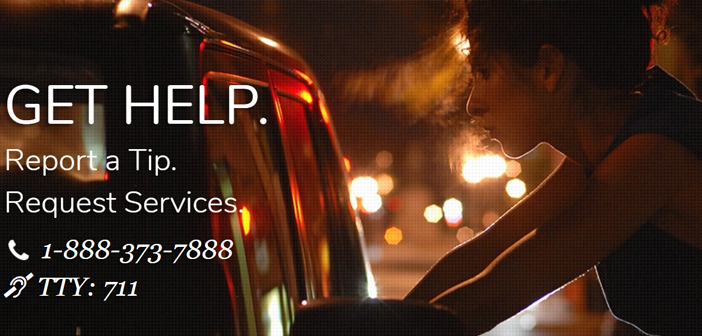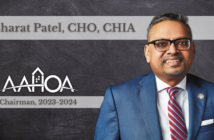By Bhavesh Patel, AAHOA Chairman (2017-2018)
Human trafficking has reached epidemic proportions. DoSome-thing.org reports that there are as many as 30 million slaves around the world, with an estimated 600,000 to 800,000 individuals bought and sold internationally every year. And according to Polaris, a North American nonprofit dedicated to eradicating this modern form of slavery, more than 7,500 trafficking victims (around 20 per day) were identified in 2016.
While the specific number of all human trafficking victims is not known, data from Polaris shows that nearly 32,000 cases have been reported to the National Human Trafficking Hotline since 2009. Because Polaris and related organizations rely on victims to self-report, however, and victims are often reluctant to come forward, the actual number is likely significantly higher. In fact, the Center for Public Policy Studies reports that human trafficking is tied with illegal arms as the second-largest criminal industry in the world, generating an estimated $32 billion annually.
Trafficking can take several forms, but sex trafficking is by far the most common, followed by labor trafficking. In the United States, sex trafficking victims are most often (but not always) American citizens, usually females, forced into prostitution. Geographic isolation, lack of financial resources, and psychological conditioning keep victims from seeking help or attempting escape. Labor trafficking, which frequently preys on foreign workers, manifests most commonly in the form of wage-and-hour abuse and contract fraud. Language barriers and fear of retribution help traffickers maintain power over their victims.
Trafficking is an ugly and difficult reality, but AAHOA members have a moral and legal obligation to take action. Hoteliers are uniquely positioned to help detect, combat and prevent this insidious practice; spread across the country, their tens of thousands of staff members form a powerful network of eyes and ears.
AAHOA is gearing up to launch a trafficking-focused training program for hoteliers and hotel staff later this year. In the meantime, take action in your community. Find out what trafficking looks like, and reach out to law enforcement to learn what anti-trafficking resources are available in your area. Regularly review with your staff the signs of human trafficking and what steps to take in the event of a suspicious situation.
Most importantly, ensure that the Polaris-operated National Human Trafficking Resource Center Hotline (1-888-373-7888) is prominently displayed in key areas around your property. Please join me in making our industry permanently inhospitable to human trafficking. Together, we can make a difference.




